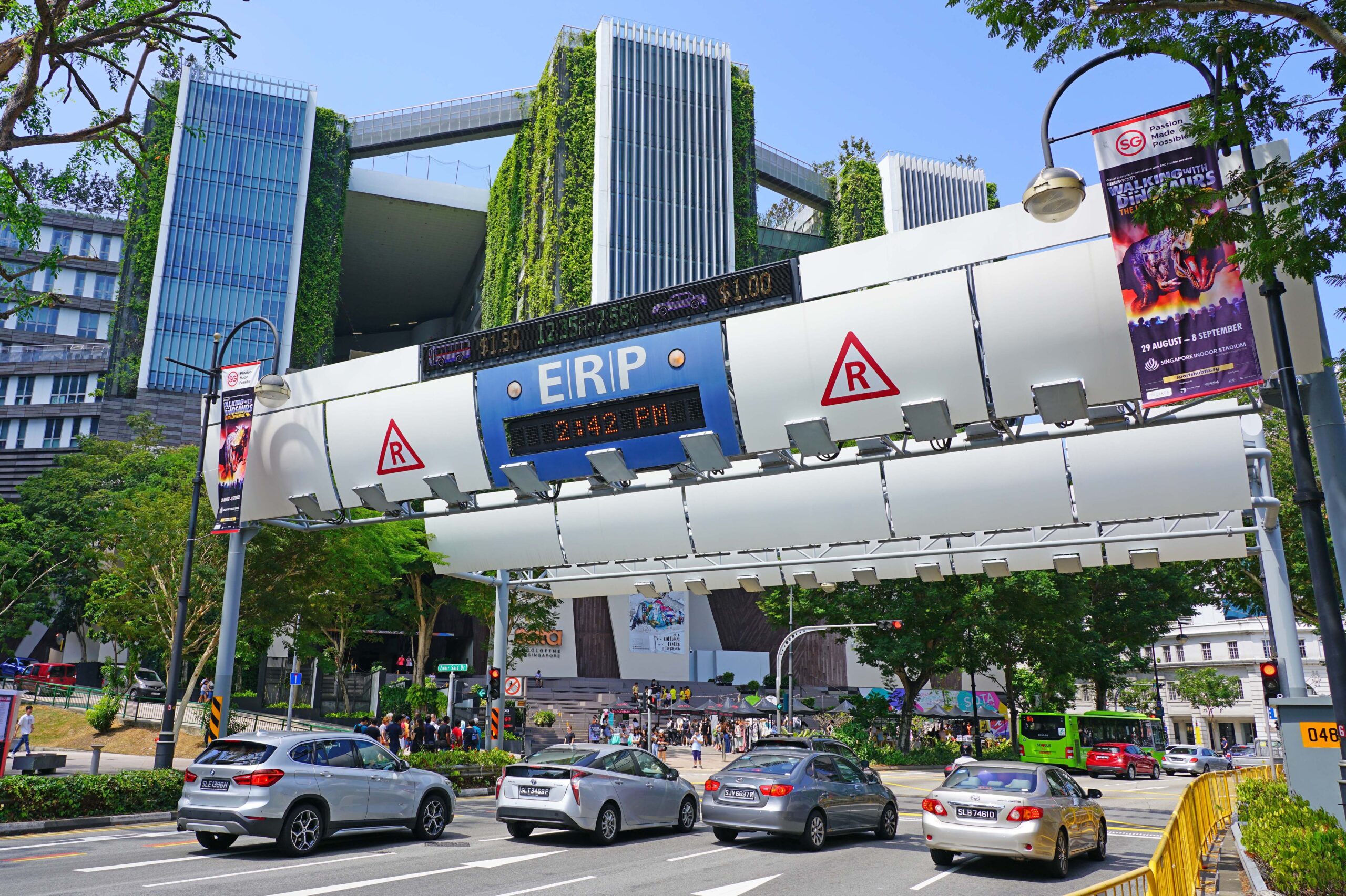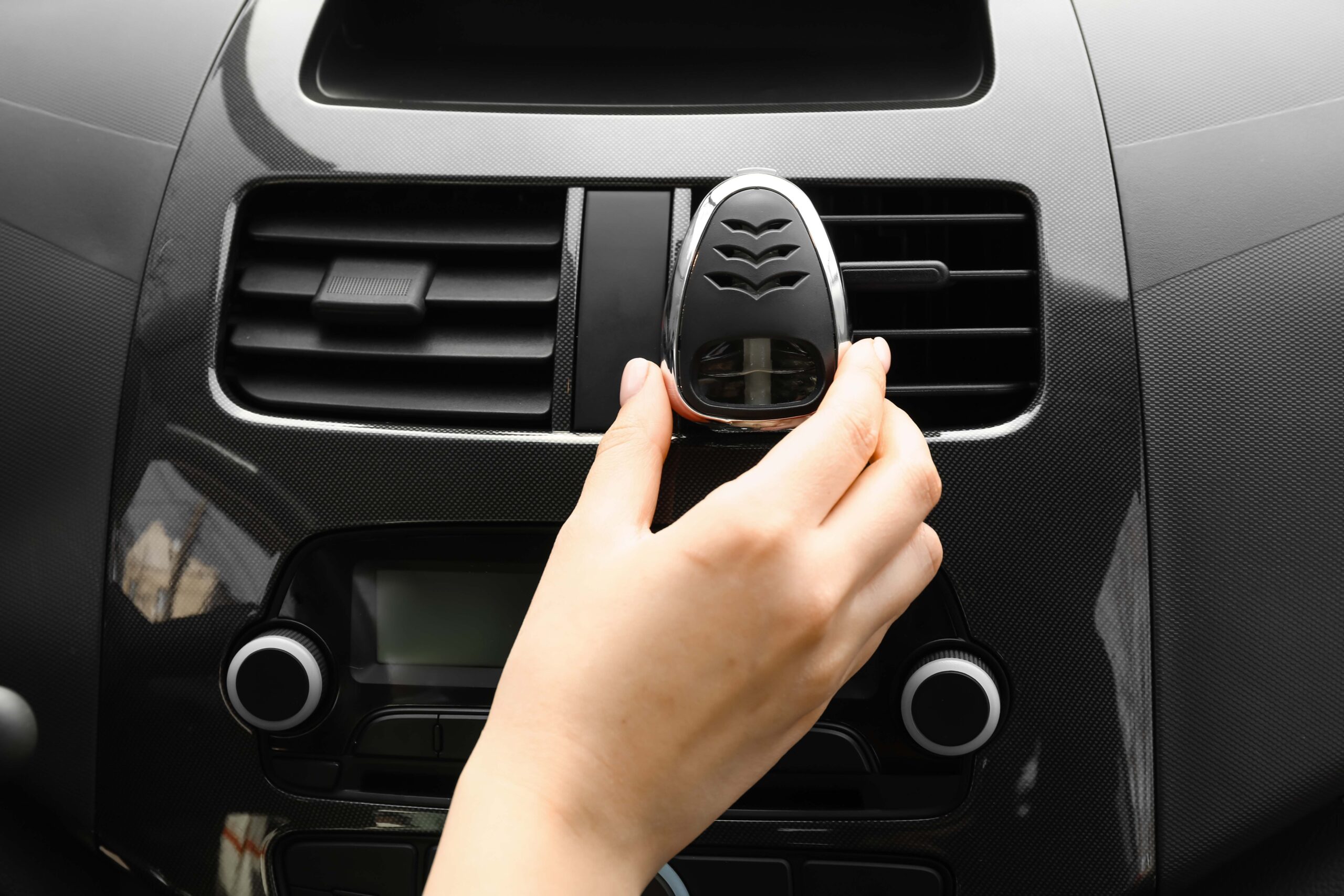Traffic jams, ride-hailing fatigue, and long drives are part of daily life in Singapore. They wear on mental health more than many realise. This article explores how road stress affects well-being and offers practical tips to ease the tension, just ahead of World Mental Health Day on 10 October.

Road stress is a growing concern for many Singaporeans. The city’s rising vehicle numbers and frequent congestion create daily headaches for drivers and commuters. But more than just frustration, these long hours behind the wheel can weigh heavily on mental health. The constant stop-start traffic, honking, and pressure to stay alert build up stress and fatigue that do not end when the trip is over.
How traffic congestion impacts mental health
Research shows traffic congestion raises anxiety and sharpens irritability. Drivers facing jams often feel trapped and powerless, leading to emotional strain and cognitive fatigue. This stress can spill over into other areas of life, affecting mood and relationships at home and work. The unpredictable delays cause people to run late and feel rushed, contributing to a cycle of frustration.
Beyond frustration, physical health suffers as well. Sitting for long periods increases risks of obesity, heart disease, and other health problems linked to inactivity. Exposure to vehicle exhaust and loud noise also harms the respiratory and cardiovascular systems. Mental alertness can dip after prolonged traffic, making drivers prone to errors or aggressive behaviour once free of congestion.
The toll on ride-hailing drivers and long commutes
Ride-hailing drivers and those clocking long commutes face heightened risks. Continuous shifts without breaks deepen exhaustion. Many report emotional fatigue from constant alertness and dealing with difficult passengers or traffic snarls. This can lead to burnout and mental health issues like anxiety or depression.
One significant challenge is the sense of loss of control over the situation. This feeling can lead to anxiety and anger. For some, chronic stress during commutes may cause high blood pressure and increased nervous system activity, weakening the immune system over time. Those with pre-existing anxiety disorders are particularly vulnerable to traffic-related stress.
Stress from the road doesn’t end with the drive home. It often carries over, making people irritable or withdrawn. Tensions may be misdirected at family or friends, fueling a vicious cycle that jeopardises relationships. Over time, this can isolate individuals and degrade overall mental well-being.
Simple tips to stay calm behind the wheel
Despite challenges, there are ways to protect and improve mental health during daily drives. Experts suggest practical tips that can help drivers stay calmer and more focused. Simple strategies include preparing emotionally before driving and using calming scents or music playlists, which can change the atmosphere inside the car for the better.
- Use mindfulness techniques: Techniques like deep breathing or focusing on the present moment reduce anxiety and help keep nerves steady. These do not require spiritual beliefs; even basic breathing exercises alone can bring significant relief. Drivers are advised to take a few deep breaths before starting and while stopped at lights to reset their stress levels.
- Create a calm driving environment: Creating a calm driving environment matters. Reducing distractions by turning off phone notifications or minimising conversations helps focus on the road. Some drivers find that playing soothing music or nature sounds reduces the harshness of traffic noise and lowers tension.
- Use calming scents: Using calming scents such as lavender or eucalyptus in the car can also promote relaxation. Aromatherapy is linked to mood improvements and can reduce stress hormones. Drivers might use essential oil diffusers or scented car fresheners to create a more serene space.
- Plan travel times: Planning travel times to avoid peak traffic greatly reduces exposure to congested roads. Leaving earlier or later allows for a smoother journey, eliminating the rush and pressure. Alternate routes might be longer in distance but shorter in time, minimising frustration.
- Physical movement: Physical movement before and after driving also helps. A short walk near the parking lot or around the block breaks sedentary routines and clears the mind. Exercise boosts endorphins, which counteract stress hormones, and improves overall mental resilience.
- Physical health and mental well-being: Taking care of physical health nestles closely with mental well-being during long commutes. Staying hydrated, eating a balanced diet, and getting restful sleep create a stronger defence against fatigue and irritability. Drivers suffering from chronic stress should consider consulting healthcare professionals for support.
Managing stress for the long haul
It’s important to recognise that traffic stress affects everyone differently. Personality traits, daily workload, and home life influence how people tolerate congestion. Those predisposed to anxiety or perfectionism find it harder to cope. Awareness of these factors can help drivers tailor their coping strategies better.
Building a kinder road culture
Lastly, fostering empathy on the road can change the driving experience. Recognising that every driver faces their struggles reduces aggressive reactions and road rage. Patience and kindness behind the wheel create a safer environment for all and lower collective stress levels.
A timely reminder
With World Mental Health Day approaching on 10 October, it’s timely to reflect on how daily drives impact mental health. Being proactive and adopting these simple habits can make a big difference in maintaining mental calm and emotional balance amidst the inevitable jams.



